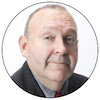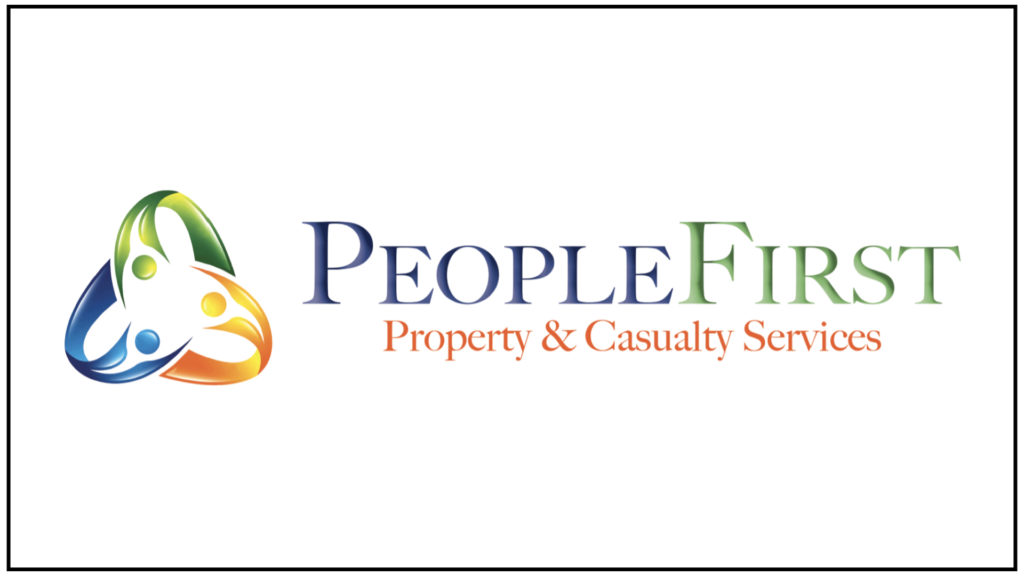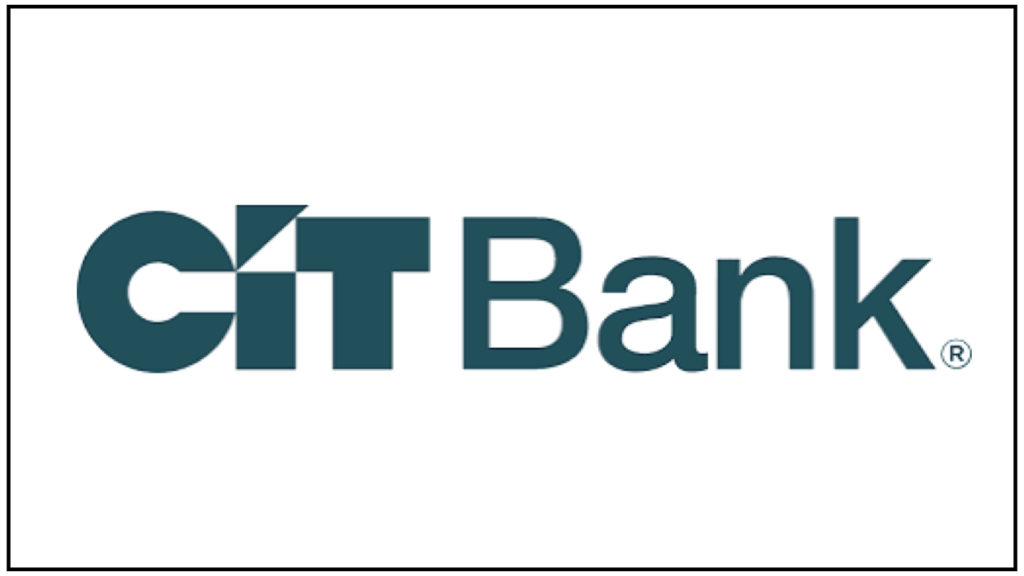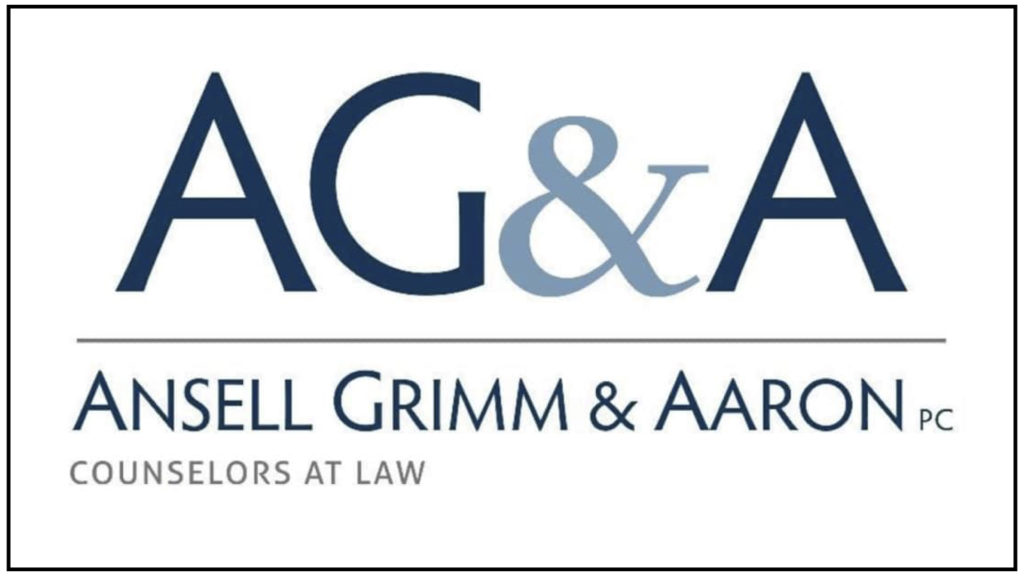
NATIONAL:
“It’s not always that we need to do more but rather that we need to focus on less.”- Nathan W. Morris.
Fostering productivity is comparable to a need and want in conjunction with your goals.
Your professional need to be successful
What is your professional need to be successful i.e., laptop, working environment, and support comparatively a want every day would be productive, efficient, or simply putting out the urgencies that accumulate by the seconds, minutes, and hours?
Being productive
Being productive is based on numerous mandates that begin with your strengths and weaknesses your short- and long-term goals that create priorities. These items are crucial in your productivity to achieve fulfilling timely efficiently.
Step (1) – Sleep
Sleep which is paramount for good health as diet and exercise. Good sleep improves your brain performance, mood, and health. Not getting enough quality sleep regularly raises the risk of many diseases and disorders. These ranges from heart disease and stroke to obesity and dementia.
Step (2) – Schedule
Have an achievable schedule based on priorities. Start each day, week and month with a schedule that meets what is critical for your success without deviation. Critical components receive greater attention to the less mundane. Follow the Pomodoro Technique.
Pomodoro Technique is a time management method developed by Francesco Cirillo in the late 1980s. The technique uses a timer to break down work into intervals, traditionally 25 minutes in length, separated by short breaks. Each interval is known as a pomodoro, from the Italian word for ‘tomato’, after the tomato-shaped kitchen timer that Cirillo used as a university student. The technique has been widely popularized by dozens of apps and websites providing timers and instructions.
The Pomodoro Technique is closely related to concepts such as timeboxing and iterative and incremental development used in software design, the method has been adopted in pair programming contexts. “The key is not to prioritize what’s on your schedule, but to schedule your priorities.” –Stephen Covey.
Step (3) – The Past
Don’t dwell on the past you cannot change yesterday and most importantly don’t take anything personally let it roll and move on to your next task.
Step (4) – No Multitasking
As great as you think or believe your productive never multitask it will take you twice as long and double the mistakes. Focus based on your schedule you created otherwise you will be stressing out.
In a study at the University of California Irvine researchers measured the heart rates of employees with and without constant access to office email, they found that those who received a steady stream of messages stayed in a perpetual “high alert” mode with higher heart rates. Those without constant email access did less multitasking and were less stressed because of it.
It’s not only the physical act of multitasking that causes stress; it’s the consequences. For example, if you do poorly on an exam because you studied while watching a baseball game on TV, that can certainly triggers a lot of stress regardless the self-esteem issues and depression. The amount of mistake will increase which is a logical consequence of the lack of focus characteristic of multitasking. When doing several things at once, your mind is divided between them so it’s only natural that your mistakes will multiply. Realistically can you really afford to make those mistakes? Probably not. That’s why each task should receive your full attention, separately.
Research shows that error rates rise by (50%) fifty when workers multitask, and it takes twice as long for them to complete their tasks. Our brains are simply not wired to continuously turn our attention to several things at once. Further it’s slowing you down contrary to popular belief, multitasking doesn’t save time. In fact, it will probably take you longer to finish two projects when you’re jumping back and forth than it would to finish each one separately.
Step (5) – Train the Brain
Training your brain to function at a higher level doesn’t involve a Doctoral program or becoming a Buddhist monk.
The key steps to train your brain:
- Feed your brain
- Rewire your brain
- Challenge your brain
If you want to wow the world in 2023, there are numerous actionable brain hacks to make you smarter.
Lastly and most important you spend nearly (90,000) ninety thousand hours at work nearly 1/3 so “Your work is going to fill a large part of your life, and the only way to be truly satisfied is to do what you believe is great work. And the only way to do great work is to love what you do. If you haven’t found it yet, keep looking. Don’t settle. As with all matters of the heart, you’ll know when you find it.” —Steve Jobs
By Thomas C. Engblom
Thomas Engblom • CIT Bank • thomas.engblom@cit.com
About the Source
 Thomas C. Engblom, CMCA, AMS, PCAM, ARM, CPM, PhD entered the field of real estate in 1984 as a licensed real estate broker/instructor in Illinois and taught as a university professor at numerous colleges and universities during the same period. Since 2004, Engblom has taught as a National Instructor for Community Associations Institute (CAI), including assisting in rewriting several of their Professional Management Development Program (PMDP) course materials. Furthermore, Engblom served on the National Business Council for CAI. Engblom has formerly supervised 3,500 condominium units within Chicago, IL and its suburbs for twenty years with two management firms. Engblom is a regional account executive for a national bank group specializing in the homeowner and condominium industry. He serves seven states in the northern Midwest region, consisting of Minnesota, Wisconsin, Illinois, Indiana, Michigan, Kentucky and Ohio. Within those territories, he has served on the CAI Board of Directors in Minnesota, Illinois and Michigan.
Thomas C. Engblom, CMCA, AMS, PCAM, ARM, CPM, PhD entered the field of real estate in 1984 as a licensed real estate broker/instructor in Illinois and taught as a university professor at numerous colleges and universities during the same period. Since 2004, Engblom has taught as a National Instructor for Community Associations Institute (CAI), including assisting in rewriting several of their Professional Management Development Program (PMDP) course materials. Furthermore, Engblom served on the National Business Council for CAI. Engblom has formerly supervised 3,500 condominium units within Chicago, IL and its suburbs for twenty years with two management firms. Engblom is a regional account executive for a national bank group specializing in the homeowner and condominium industry. He serves seven states in the northern Midwest region, consisting of Minnesota, Wisconsin, Illinois, Indiana, Michigan, Kentucky and Ohio. Within those territories, he has served on the CAI Board of Directors in Minnesota, Illinois and Michigan.
Engblom has consistently placed among the top performers in five categories throughout the entire bank organization. He was also one of ten individuals honored out of nearly 1,000 bank employees nationwide. Additionally, Engblom has earned the Certified Property Manager (CPM) designation from the Institute of Real Estate Management (IREM) and the Professional Community Association Manager (PCAM) designation from CAI. Engblom earned his Doctorate in Business Administration with his Dissertation dedicated to Association Management.


